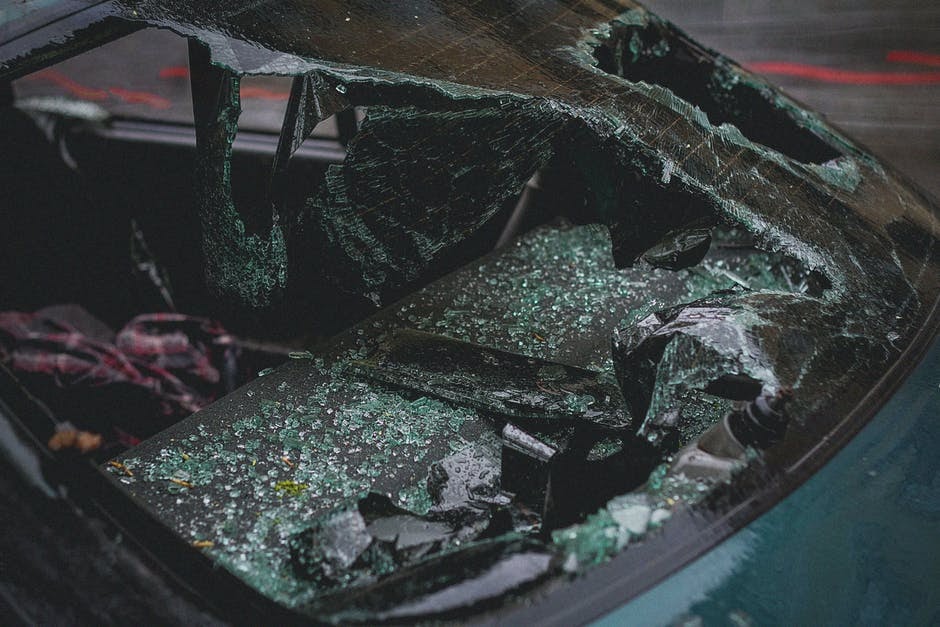Few drivers are prepared for what to do after a car accident. Your heart is pounding, while you’re making sure everyone’s physically ok. As you’re processing, the right thing to do isn’t necessarily clear. During this crisis, it’s important to stay calm and focus on your breathing.
After a car accident, you need to get yourself to a hospital for a medical assessment if there is any indication of an injury. Examine any discomfort, as it will confirm you’re alright physically. Plus, you should document any injuries. Most insurance companies will consider the 72 hours following an accident to be an appropriate time to get this sort of assessment done.
If you’re seriously injured, a car accident lawyer can help you get the compensation you’re rightfully owed. This can help cover any medical expenses, lost income, and other accident-related expenses you may have. Most people tend to take a lesser settlement than what they could receive, because no lawyer is fighting on their behalf.

For more details, here are the steps to take after a car accident.
1. Stop the Car
If you do not stop your car after being in a car accident, you may be subject to criminal prosecution. No matter where you are, pull over and bring your vehicle to a stop. Turn on your hazard lights. If you do not feel safe, stay in your vehicle. However, if you are alright to exit, the next step is checking to make sure everyone is alright.
2. Check On The Other Driver
Make sure everyone is safe. Check every person involved in the accident. In this process, avoid admitting fault. You do not want to take the blame for an accident or apologize. No sorrys. Be careful as saying “sorry” could be used as a way to assign fault to you, used in an insurance claim and resulting in you having to pay more than what you should.
If there is a serious injury, you do not want to move an injured person unless it’s necessary. If everyone appears ok and you are obstructing traffic, try to talk to the other driver and move both vehicles to the side of the road. You do not want to travel far. Just try to move vehicles to the side.
3. Always Call The Police
Even if you don’t think you need to, still call the police. Call for help. Even if there is no damage. Do the right thing. Once notified, the 911 operator will tell you whether police on the scene will be required and if any additional emergency crews will be sent. Generally, police are required to be present at an accident where there are injuries, damage to any of the vehicles involved exceeds $2,000, or where someone’s intoxicated.
4. Take Photos
When it’s safe, get out of your car and snap some photos with your smartphone. Capture any damage to your vehicle. These photos will be used at a later date as evidence. In combination with descriptions provided by you and the other involved drivers, the photos will be used to determine fault.
5. Record Details of the Accident
You can do this with a voice note or in a text-based message on your phone. While the accident is fresh in your mind, record the date, time, weather conditions, road conditions, estimated speed, and description of the accident. This is very important information. You may even want to record a follow-up voice note the day after your accident, noting any pain, discomfort, or injuries.
For your records, you will also want to collect some information from the other driver. Note their name, address, phone number, driver’s license, vehicle plate, vehicle make and colour. Plus, mark down the vehicle’s registered owner if it is different from the driver, the insurance company, insurance policy number and expiry, any damage you see to their car. Finally, include the number of passengers in the vehicle and the passengers’ names and positions.
6. Have Your Vehicle Towed
Once the formalities have been handled, arrange for a tow truck to transport your vehicle to a mechanic. At that time, you can coordinate with your mechanic to determine things like the time frame, the extent of the repairs, and the rest. You will want to coordinate as well with your insurance company throughout this process.
7. Call Your Insurance Company
You have up to 7 days to submit an accident report to your insurance. Ideally, you want to call them within 24 hours of the accident. From the information you’ve already collected, you have everything you need to discuss with your insurance details of the accident and to decide if you want to make a claim or not.
Facebook Comments